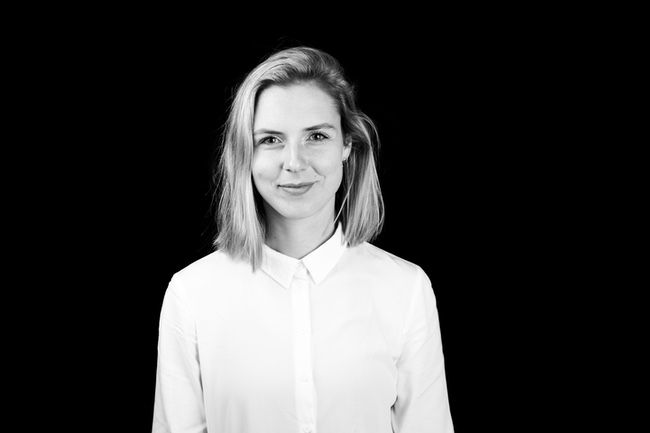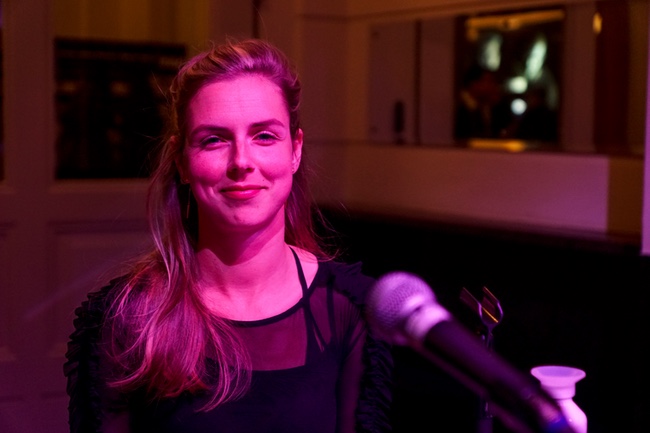Eline de Jong

Eline de Jong is a philosopher, ethicist and researcher. She worked at the Dutch Scientific Council for Government Policy, where she researched the impact of Artificial Intelligence (AI) on society. She is co-author of the advisory report ‘Opgave AI. De Nieuwe Systeemtechnologie’, in which the WRR explains what it takes to embed disruptive technology such as AI in society. Lessons that are not only relevant for the government, but also for organizations that (want to) use AI themselves.
As an independent researcher, Eline published in the academic journal Digital Society about how society can prepare for the next big thing: quantum technology. Quantum computers have major consequences for, for example, the security of the internet and our digital communication. As a society, we are often too early or too late to think about the impact of these kinds of new technologies, but with quantum technology we seem right on time. As a member of the ECP ‘Quantum Impact Assessment’ working group, she is currently developing a tool for organizations to proactively consider the implications of using quantum technology.

Eline previously hosted the philosophical talk show De Idee, in which she interviewed thinkers such as Peter-Paul Verbeek, Dirk de Wachter and Marly Huijer about the fusion between humans and technology, and our search for happiness and discipline in times of abundance.
She talks about ethical and societal implications of new technology, Artificial Intelligence and Quantum technology.
Some of her lectures:
Embedding of new technologies in society or organization
No one is afraid of a hair dryer, everyone can handle a vacuum cleaner and almost every house is equipped with a microwave. Some technologies integrate effortlessly into our daily lives. Other technologies are changing our lives. A world without electricity or computers is almost unimaginable, our way of life is intertwined with these technologies.
Artificial Intelligence (AI) is fast becoming the next technology in this illustrious list. Due to its multiplicity and broad applicability, AI initiates change everywhere in society. How can we guide, or even lead, that change as best as possible? Eline explains the different aspects of this embedding process.
Quantum Technology is the new kid on the block. The technology is in its infancy but has a promising future ahead with applications ranging from defense to the energy sector and from medical research to machine learning. No one knows what that future will look like. And yet we must prepare for it now. Why? And how can we anticipate an unknown future?
What is digital ethics (not)?
There are now countless ethical codes, guidelines and principles. There is often a handful of values or principles that no one will disagree with. However, the gap between these types of lists and practice is large. What does it mean, for example, if AI is not allowed to harm the ‘autonomy’ of humans, or if considerations about privacy and security intersect?
That is exactly what ethics is about: not a checklist, but an open and explicit discussion about values. Eline introduces a dynamic approach to digital ethics.

